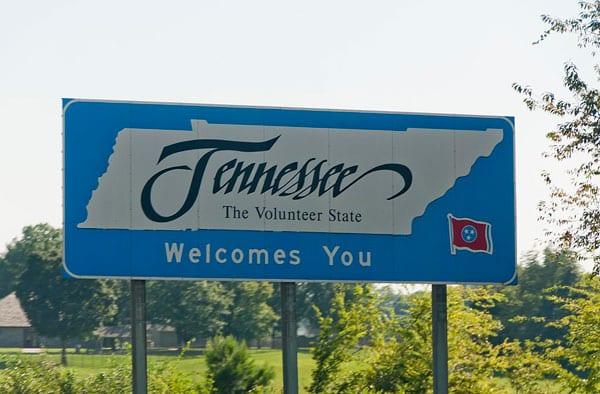
February 6, 2019; Nashville Tennessean
Imagine if a state spent over $200 million a year on grants to nonprofits, but who got the grants, how much they got, and how the nonprofits spent the money was kept secret. That’s impossible, right? Well, it is possible if the grants (or, ahem, tax abatements) are made to for-profit companies.
Presently, in Tennessee, reports Mike Reicher of the Nashville Tennessean, state law prevents “the public from knowing which companies receive tax credits, how much they receive, and whether the companies are fulfilling their hiring or investment obligations.” And yes, the price tag exceeds $200 million a year.
Reicher explains:
Tennessee awards more than $218 million in tax credits a year to lure companies or encourage them to expand in Tennessee, and has a running tab for unclaimed business credits at nearly $1.3 billion. That’s forgone revenue that could be spent on government services such as schools and roads.
A new bill in the Tennessee General Assembly, called the Fair Accountability and Clarity in Tax Subsidies Act, or FACTS Act, would “allow the public to scrutinize companies receiving state tax credits and grants.” Public release of the information would only occur after state and company officials have negotiated a final economic development incentive package.
Sign up for our free newsletters
Subscribe to NPQ's newsletters to have our top stories delivered directly to your inbox.
By signing up, you agree to our privacy policy and terms of use, and to receive messages from NPQ and our partners.
The bill is sponsored by Sen. Kerry Roberts (R-Springfield). Another key supporter of this legislation is the Tennessee Coalition for Open Government, a nonprofit advocacy group.
This bill builds on growing sentiment in the Volunteer State against unrestricted corporate tax abatements. A year ago, the capital city of Nashville voted unanimously to require firms seeking economic development incentives to “disclose details like how many county residents they’ll hire, the wages they’ll pay, and whether they’ve had any safety violations in the past” before the Council votes up or down on the request. After Nashville got selected as the site of a planned 5,000-employee operations center for Amazon, some members of the Metro Council, rather than celebrating the announcement, proposed to deny Amazon $15 million in tax incentives until Metro Nashville employees receive a promised—and then withdrawn—cost-of-living increase.
The Nashville Area Chamber of Commerce is being cautious. In a statement, chamber executive Lee Harrell says the organization “supports transparency” but that “it is important to strike the right balance with regards to timing, proprietary information and transparency.”
Reicher adds that, “The bill would require companies to publicly report how many jobs they created, and how much money they invested in equipment and real estate in exchange for tax credits—information deemed confidential under current state law. How much each company received under each type of tax credit would also become public.”
Reicher adds that the legislation would also require companies that accept funds from the state’s $115 million annual FastTrack program to be subject to “clawbacks,” meaning the state could recover funds if job commitments are not met. Another provision, notes Reicher, would end so-called discretionary business tax credits. Under this program, writes Reicher, state officials can waive employment requirements if they deem doing so is in the “best interest of the state.”—Steve Dubb











